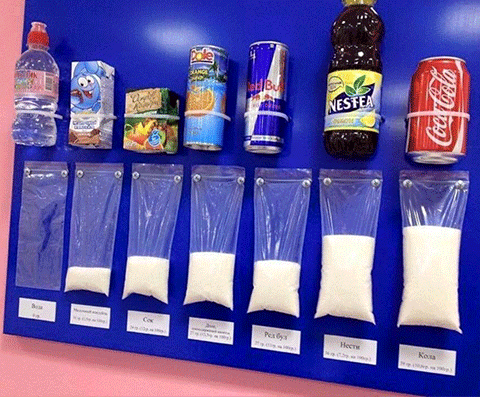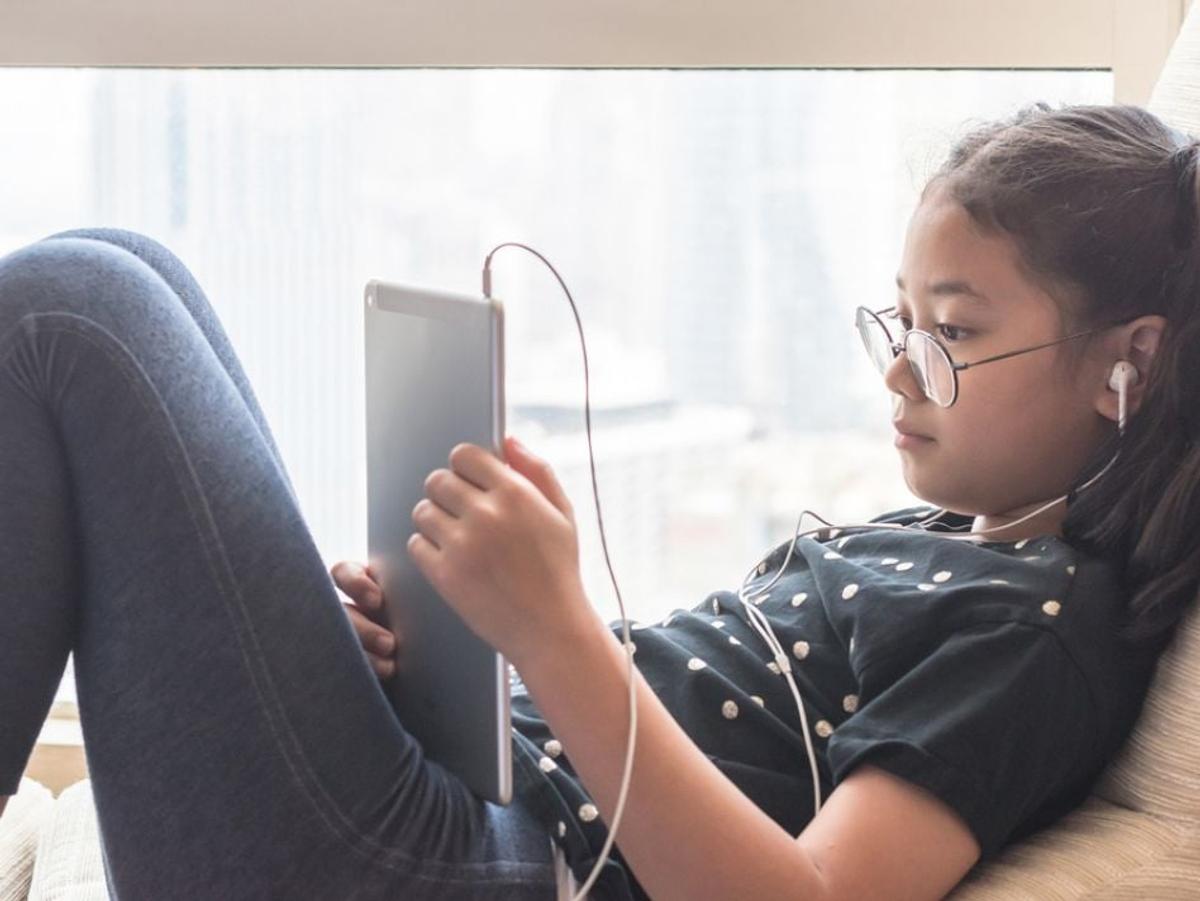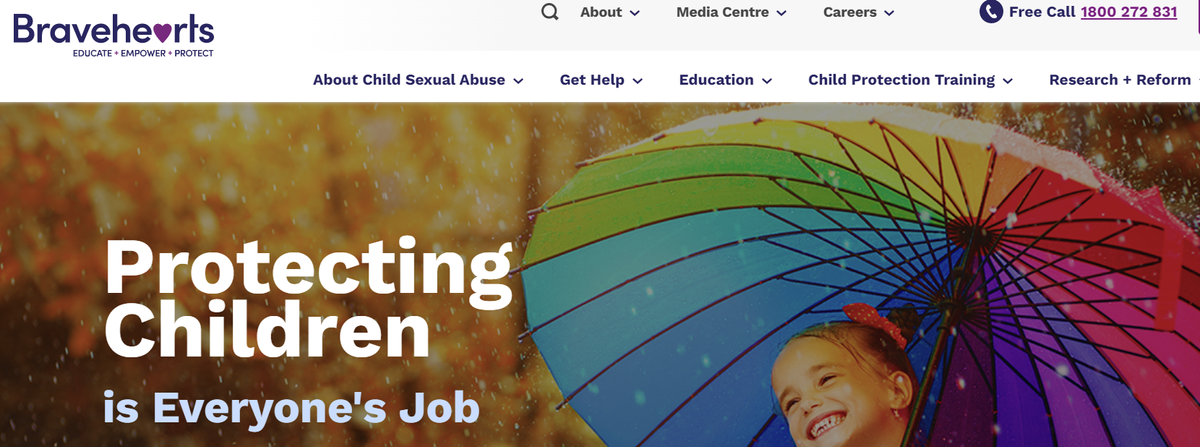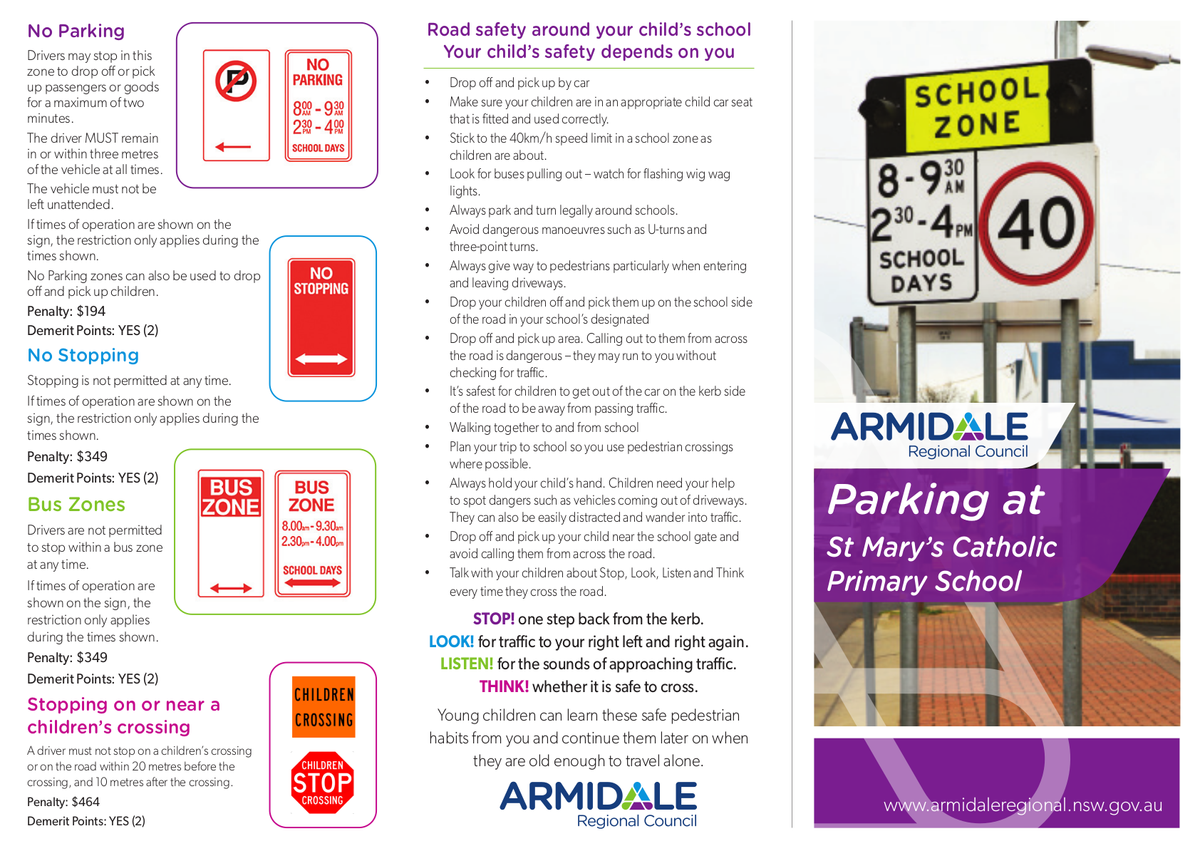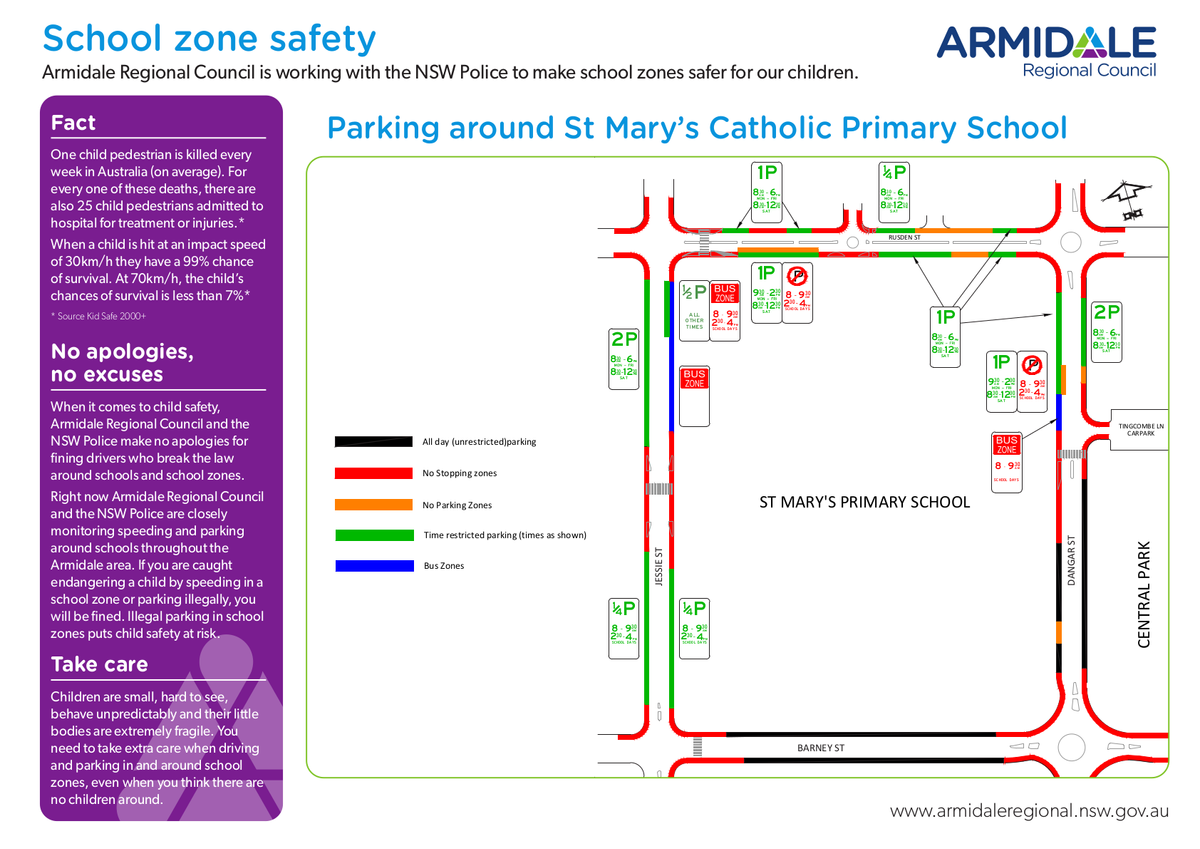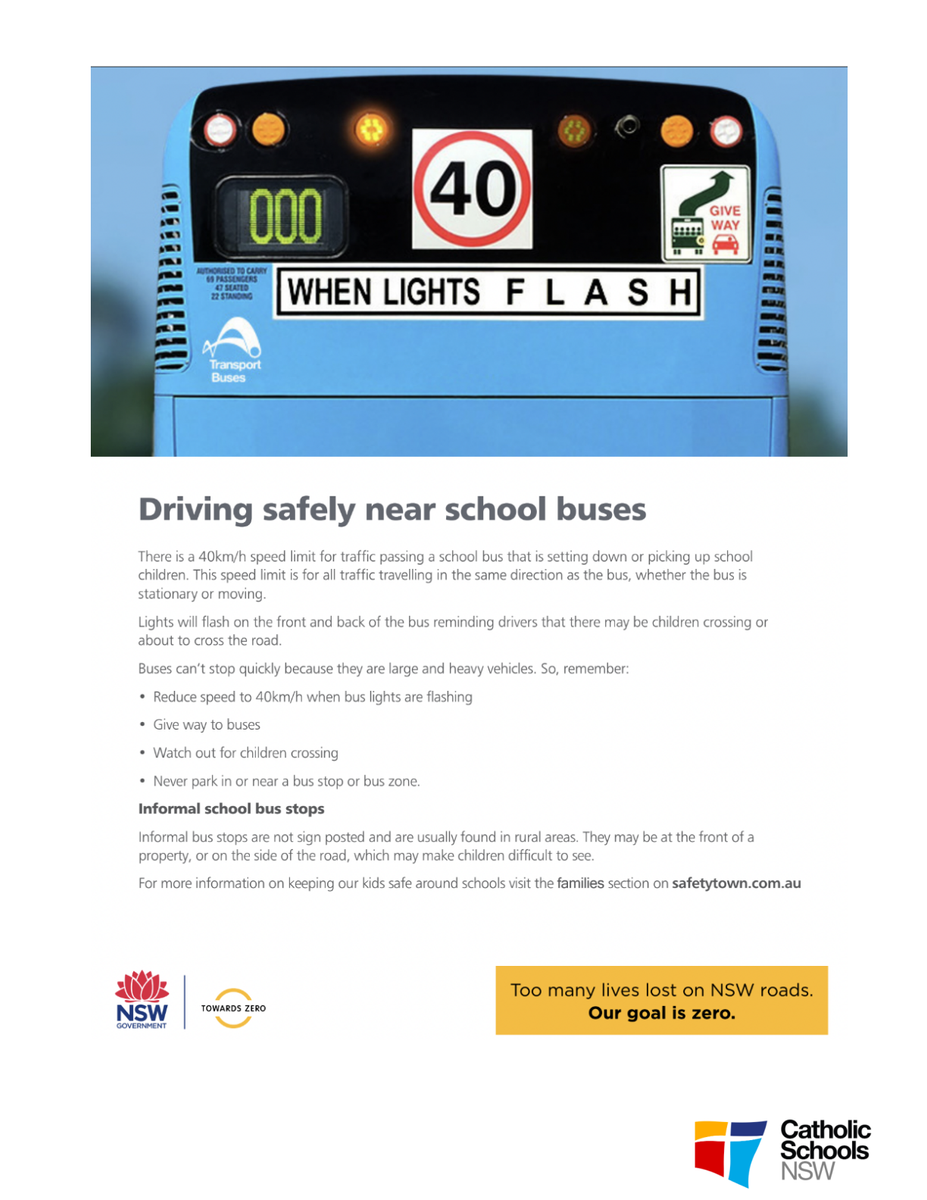School Safety
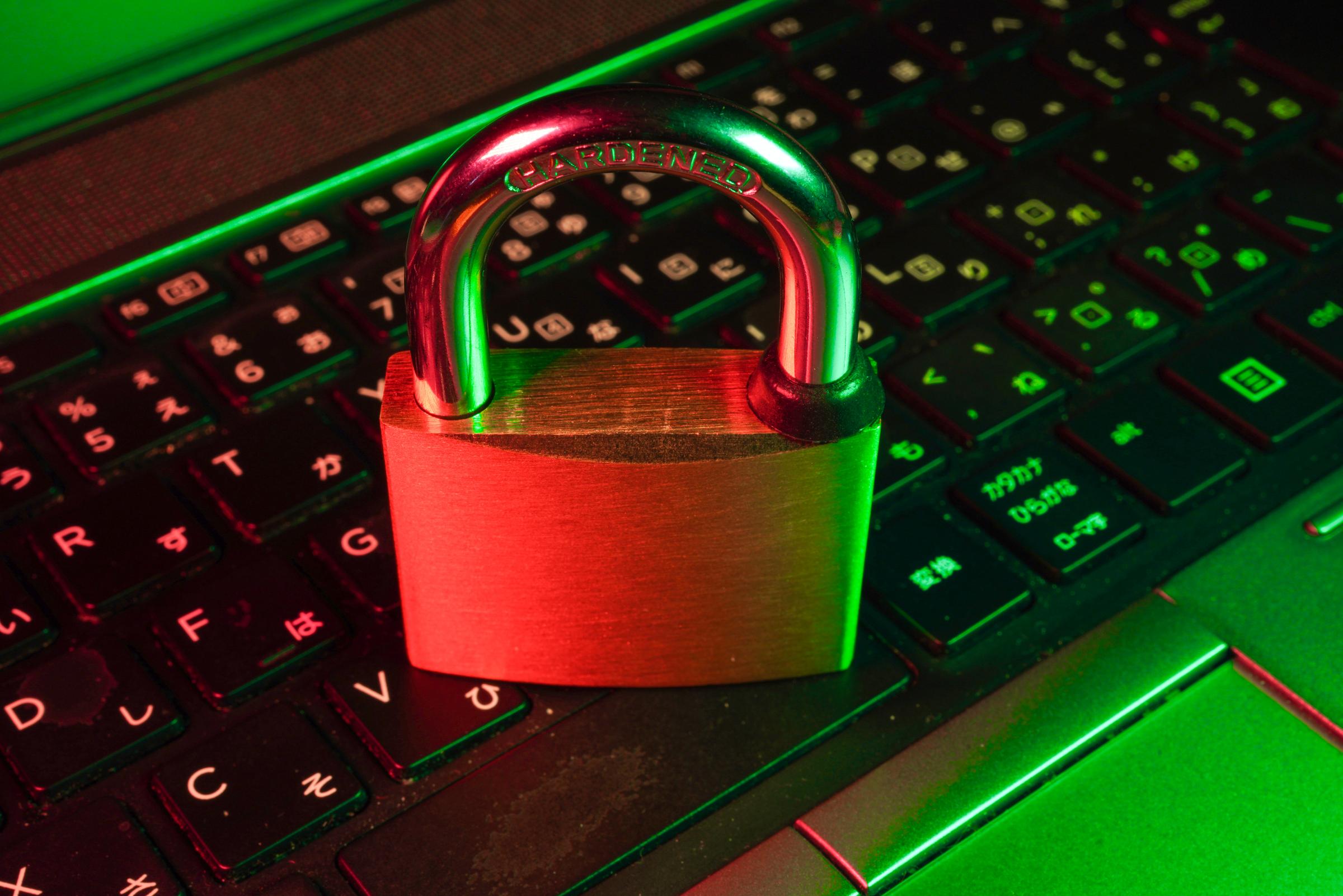
STUDENT DRINKS AT SCHOOL
Parents please ensure your child only brings WATER to school in their Water Bottles.
Students are NOT to bring SPORT DRINKS to school at anytime.
Students are not to bring hot drinks to school eg Hot Chocolate, Coffee or Tea.
This is for Safety & Health reasons.
Cyberbullying Is Worse Than Ever For Young Students, Says Esafety Commissioner
Jarrod Brown
- Jul 14, 2023 - 06:30
Australian online safety regulator eSafety urges parents and carers to speak with their children about online safety after data shows cyberbullying reports from primary students have more than tripled since 2019.
According to Acting eSafety Commissioner Toby Dagg, May 2023 was the biggest reporting month since eSafety's cyberbullying scheme started in July 2015.
"We're pleased that more Australian children and young people know we're here to support them when platforms fail to act but the number of complaints from children in school years five, six and seven is concerning and continues to grow," Mr Dagg said.
In 2019, eSafety received more than 200 complaints from children aged eight to 13 years. In 2022, that figure jumped to more than 700.
ADVERTISEMENT
"We received around 230 cyberbullying complaints in May this year alone and around 100 of these involved children aged eight to thirteen experiencing this kind of harm," he said. "Nasty comments, offensive pictures or videos, and impersonation accounts are among the most reported issues."
Smart devices put young students at risk
In 2023, smart devices have opened a wealth of opportunities for young people to broaden their understanding of the world, connect with their peers and engage with challenging new content.
According to Mr Dagg, however, the technology also carries its fair share of risks.
"Many parents are telling us they've found it hard to limit screen time since the pandemic. While greater device use might be the new norm, with it comes the need to understand how children are living out this part of their lives," said Mr Dagg.
ADVERTISEMENT
According to the latest Australian Child Health Poll, two-thirds of primary school-aged children and one-third of preschoolers now own their own tablet or smartphone.
When asked about the rising eSafety reports, children's counsellor Amanda Moore told The Bursar the clandestine nature of cyberbullying makes it difficult for young children to grasp their actions' impact on peers.
"Children have broader access to social media and the internet now more than ever before," she says. "The psychosocial age of development for children between the years of eight to thirteen suggest an inability to understand fully the impact that their words have on the psyche of others."
Ms Moore works closely with children and parents dealing with self-esteem issues, stress, anxiety and depression, and helps families navigate interpersonal relationship difficulties.
The two biggest factors contributing to the cycle of cyberbullying, she says, include a lack of parental education and control over online access, as well as a lack of child-centric education about acceptable online behaviour and accountability.
How you can protect against cyberbullying
With a new school term already underway in some parts of Australia, schools are beginning to take serious action against cyberbullying on school grounds.
In Queensland, a ban on mobile phones and smart watches has recently been trialled in all state schools, bringing the policy more in line with the majority of the country.
However, while schools have a 'zero tolerance' policy to bullying (often resulting in suspensions or expulsions), the anonymous and invasive nature of cyberbullying makes it hard for schools to police.
Mr Dagg says parents and carers can play a key role in helping establish boundaries that keep their children away from potential digital harms.
"We encourage parents to show an interest in the games their children play online, and the profiles they follow on social media – just as they would make time to throw a ball at a local park or play a board game." he says.
"Being plugged into what your child is doing can help you anticipate when they might need support and advice."
"As much as possible, encourage children to use devices in open areas of the home, rather than the bedroom or bathroom. That way you can answer questions, understand who they're talking to and spot signs that might suggest some sort of distress."
Ms Moore says the key to fighting cyberbullying is through promoting accountability and educating younger students on the potential impacts.
"Don't be afraid of having difficult conversations with young people, they will often surprise you," she says. "It's important we remind ourselves that we, as adults, are responsible for setting boundaries and enforcing them."
Bravehearts
Safety strategies for every child
- Keep hands and feet to self
- We don't touch people where their swimmers cover - private parts, inappropriate touch
- Know your body's early warning signs - you might feel butterflies in the tummy, get shivers or goosebumps. This is your body telling you that something is not quite right
- If someone does something you don't like, (inappropriate touch) say STOP I don't like that, WALK away, TELL an adult – STOP WALK TELL
- Have Five People on our Network, adults that you can go to if you need help
- Keep No Secrets, nothing is so awful we can’t talk about it
Parking at School
Parking zones around our school. Rusden Street (Front Entrance) and Jessie Street (Bus Zone) are all restricted parking spaces and are monitored very regularly by Armidale Regional Council. There are hefty fines and loss of demerit points for parking in particular spaces.
Attached is a brochure that the Armidale Regional Council has submitted to us in regards to this.
We ask that ALL families and children use the Pedestrian Crossing provided which is located in Rusden Street and we ask that you do not cross between parked cars and over the medium strip directly in front of our school. Rusden Street is an extremely busy street and in particular at drop off and pick up times. Thank you for your assistance.
Also we remind families to present their name signs when collecting children at pick up time so staff are aware of who you are collecting. Please contact the office if you require a new name sign.
Rusden Street Traffic Rules
Please remember the traffic rules for our Drop Off & Pick Up Zone from 8:00am until 9:30am and 2:30pm to 4:00pm:
A driver of a vehicle must not stop on a length of road or in an area to which a No Parking sign applies unless the driver is;
Dropping off, or picking up passengers or goods
Does not leave the vehicle unattended (vehicle unattended means that the driver can leave the vehicle however the driver cannot be any more than 3 metres from the closest point of the vehicle)
Completes the dropping off or picking up of passengers or goods, and drives on as soon as possible (generally in a 2 minute time frame)
The No Parking rule is simple. Between the time mentioned, drivers cannot leave their vehicles in these zones and walk into the school to collect their children. If you park in these zones between the times listed, you must remain in or near your vehicle (within 3 metres). Motorists detected breaching these road rule signs will be issued with a traffic infringement notice totalling $311.00 and two demerit points.
Working With Children Check (WWCC)
Working With Children Check is part of the Government's keeping schools safe. The check is free if you are a volunteer. It only costs if you need it for work commitments.
https://www.service.nsw.gov.au/transaction/apply-working-children-check
Please send your WWCC number, as well as your date of birth, if the school doesn't already have it, so your information can be verified before you volunteer to assist at school or school events. smaadmin@arm.catholic.edu.au
Medication
If your child needs to take medication during school hours eg. antibiotics or antihistamines a Medical Permission Form is required to be completed and handed into the school office along with the medication.
Mobile Phone Safety
No mobile phones for students at school. If for some reason your child needs to have a phone before or after school, they must hand their phone in at the front office before they go to class and pick it up again before they leave in the afternoon. During the school day students can always be contacted by a phone call to the front office. If students are found with a phone during the school day, the phone will be confiscated and parents will be notified.
A reminder also that all phone capabilities of smart watches need to be disabled or sim cards taken out while students are at school. If students are found to be using their smart watch in this way they will also be confiscated and parents notified.
These procedures are in place for the safety and well-being of all our students and we thank you for your ongoing support.
Social Media Help
Kids Helpline. 1800 55 1800. Phone support is there all day, every day. Online support is open from 8am-midnight every day (AEST).
Suicide Callback Service. 1300 659 467. Phone support all day, every day, and follow-up calls.
eHeadspace. 1800 650 890. Open 9am-1am daily (AEST).
Lifeline. 13 11 14. Phone support all day, every day. Online support 7pm-4am daily (AEST).
Beyondblue. 1300 22 4636. Phone support all day, every day. Online support 3pm-midnight every day.
If a life is in danger call Triple Zero (000) right now.
Ways to limit content viewing for children
Ways to limit certain content viewing. Please see the following links for these resources:
Why Screen Time For Kids Needs To Be Controlled - YouTube
How To Set Up YouTube Parental Controls - YouTube
How to Set up Parental Controls on iOS (lifewire.com)
How to Set Up Parental Controls on Google - Bing video
Why Students need to turn off Devices at least half an hour before sleep
Artificial light from electronic and other devices generally emits a blue light (it may not look blue, but that is the underlying light). Blue light is a type of non-visible light at a very short wavelength.
What does blue light do to the human body?
Non-visible light has a lot of energy, and studies show that a lot of exposure to this type of light can impair your sleep cycle. During sleep, lots of essential physical processes take place, and it is also when learning from the day is consolidated in memory. This means that having enough sleep is vital for students.
Blue light is naturally generated only during the day, from sunlight. When it gets dark, naturally occurring blue light ceases, signalling the body to produce melatonin, the hormone associated with sleep. Using artificial lighting and devices which emit a blue light at night confuses the body clock (the body’s natural sleep-wake cycle) by stopping the body from producing melatonin. This can result in disrupted sleep patterns, including difficulty in falling asleep, and staying asleep and shortened sleep duration.
Those at greatest risk from night-time exposure to blue light are those with existing sleep disorders and adolescents who often experience delayed sleep patterns as a result of biological changes.
What can we do to limit exposure to blue light at night?
Some suggestions include:
- Be exposed to sunlight during the day to assist in accurately setting your body clock.
- Stop using all electronic devices, preferably an hour before bed.
- Get a red or orange reading lamp, which does not emit blue light.
- Use blue light-blocking glasses at night.
- Install a program or app on your computer or device to change the type of light it emits. A variety of programs are available, including F.lux, EasyEyez, Night Filter, Zzz iPhone filter, Bluelight and Twilight.
- Invert the colours on your smartphone or iPad, or Kindle, or change the device to the night-time setting.
- Turn the brightness down on your device for a few hours before bed (not perfect, but better than nothing!).
Bus Safety

